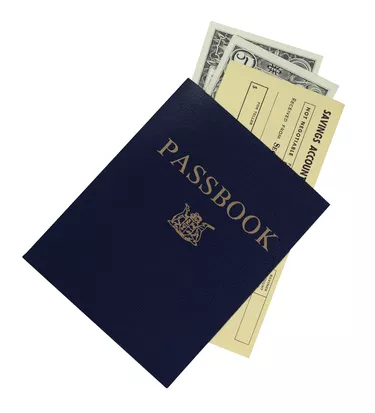
Instead of garnishing your wages when you haven't paid a debt, a creditor may choose to garnish your bank accounts. In most cases, the court must first award the creditor a judgment. While the laws regarding bank levy vary by state, in many cases, a creditor can take all the money you have in an account until the debt you owe has been repaid.
Writ of Execution
Video of the Day
To place a lien, or levy, on your bank account, a creditor must serve a writ of execution on the bank. The writ orders the bank to freeze your accounts and withhold funds. Following a short holding period, during which time you can dispute the action, the bank then releases the funds to the creditor. You may not withdraw or transfer funds from your account while it's frozen, although a creditor cannot seize more money from the account than what you owe.
Video of the Day
Unsecured Debt
A creditor often resorts to bank levy if you fail to repay an unsecured debt. Other than federal and state tax authorities, unsecured creditors can't seize any of your assets, including money in your checking and savings accounts, without getting a court judgment. Garnishment for payment of back child support is another exception. If you own an account jointly with another person, a creditor may only be able to take up to one-half of the funds in the account. State laws regarding joint accounts vary; therefore, a creditor may be able to take some, all or none of the money in the account.
Exempt Funds
Creditors may not take money from a bank account that comes from Supplemental Security Income, Social Security retirement, Social Security Disability Insurance or Veterans Administration benefit payments, as these are exempt funds. Exempt funds also include child support, spousal support, unemployment insurance, pension, public assistance and workers' compensation payments. Some states have additional laws to protect bank accounts from creditors. For instance, if you have less than a certain amount of money in the account, even if it comes from a non-exempt source, it may be unlawful in your state for the bank to freeze your account.
Release on Account
If all the funds in your bank account come from exempt sources, the bank must release the freeze on your account. If the money you have in a bank account includes both exempt and non-exempt funds, a creditor can put a lien on the account but only take non-exempt funds. You must be able to verify what funds in the account are exempt through proof of deposit in the form of automatic deposit receipts, benefits statements or pension statements.